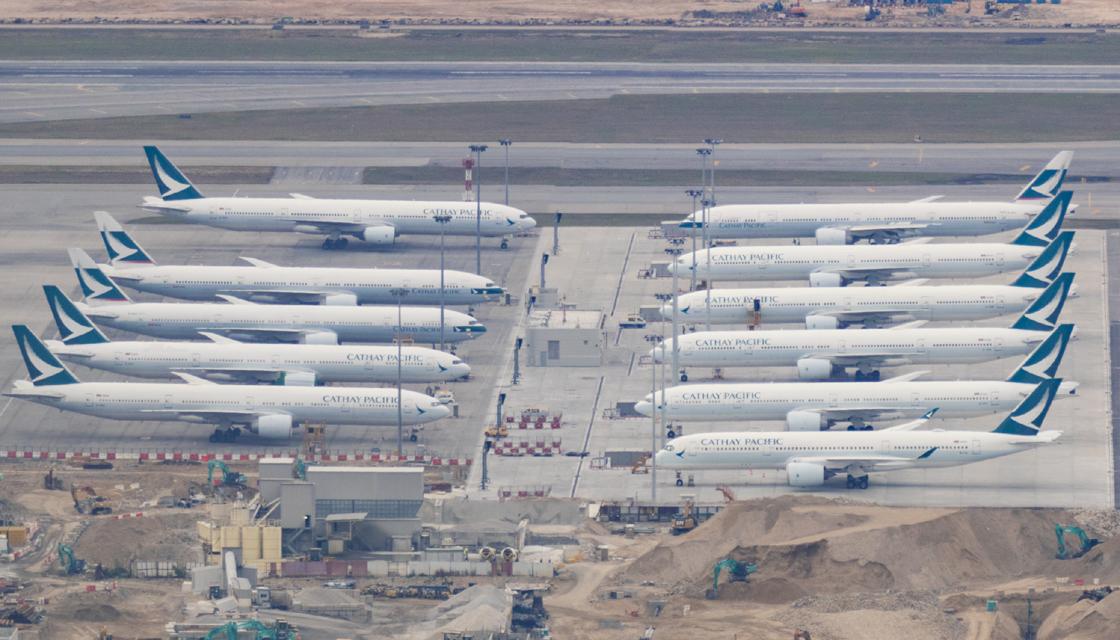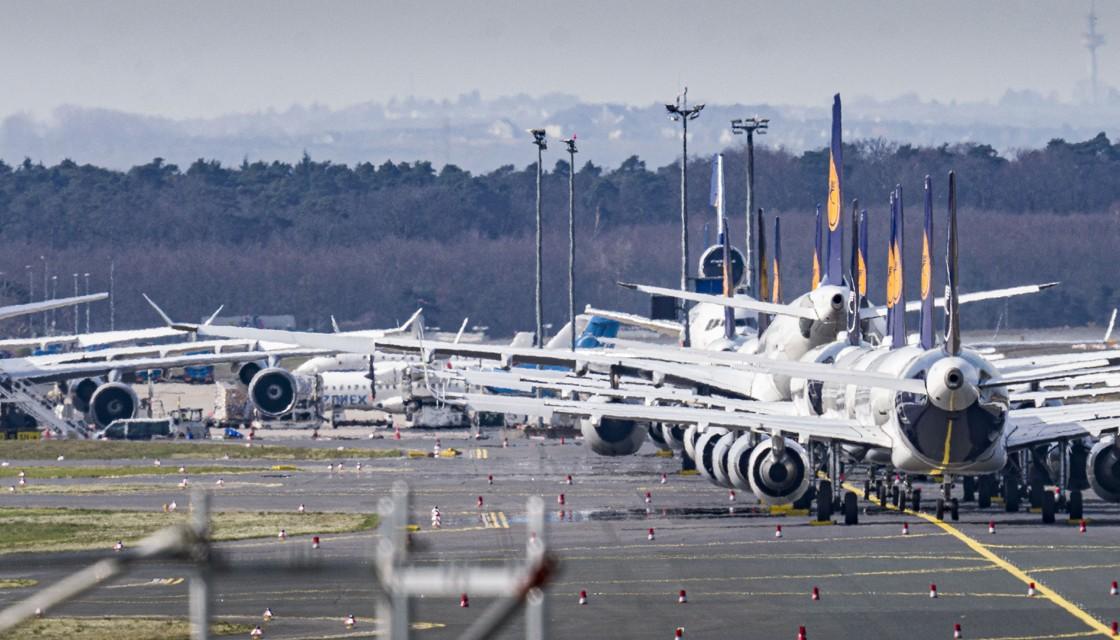It's a bit like the mystery of where butterflies go in the rain - where do the worlds planes go when they're not flying? It's one of the many unprecedented problems the COVID-19 pandemic has thrown up for the aviation industry.
Airlines have spent decades mastering the art of maximising the amount of time an aircraft is in the air and shortening the turnaround time between flights as much as possible, because an aircraft on the ground doesn't make any money.
But with coronavirus effectively pressing pause on the travel industry, airlines around the world have been forced to ground most of their aircraft and in some cases their entire fleet.
To put this into perspective, Singapore Airlines usually operates a fleet of nearly 140 aircraft and is now using just nine. American Airlines has to park 450 of its aircraft, Delta around 600 and Lufthansa 700.
It's a bit like Christmas Eve in the supermarket car park, except you're attempting to find space for something that weighs around 250 tonnes.
And, if you accidentally scratch something or make a small dent, it's going to cost you a few million dollars to fix. At least.

To make matters worse, space was already in short supply. The grounding of every Boeing 737 MAX 8 in the world after two notorious commercial airliner disasters meant hundreds of aircraft were already grounded.
The infamous town of Roswell is offering airlines parking space at its airport. It says there is space for around 300 aircraft and the airport told local media they would charge airlines just US$14 a day per aircraft. It's hard to get a carpark in Auckland for that price.
It's not known at this stage where Air New Zealand will park some of its grounded fleet, but it has the options of a handful of air force bases around the country.
Airports such as Atlanta Hartsfield Jackson in the United States is the busiest airport in the world by passenger number. It usually operates five runways with aircraft leaving just seconds apart, all day.

Now, it has turned three of its runways into parking space.
The parking wardens of the aviation world, the airports which own the land, appear to be keeping their ticket machines in their pockets.
The New Zealand Government is also stepping in during this time, paying all passenger-based Government charges and covering Airways related fees for the next six.
Just like the supermarket carpark at Christmas, let's hope the chaos only lasts a short while and things return to normal soon.





